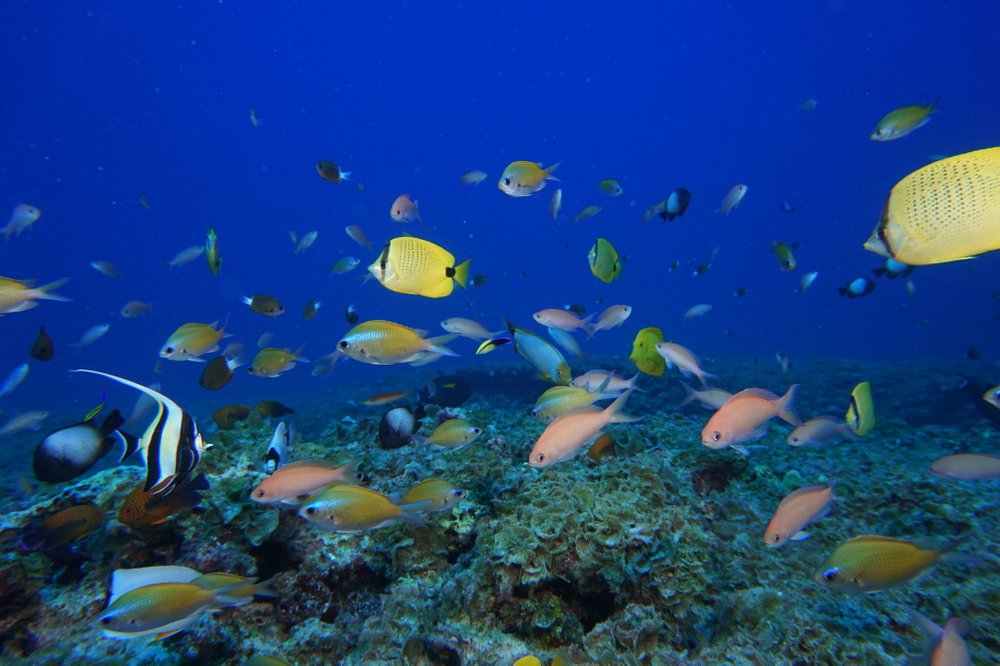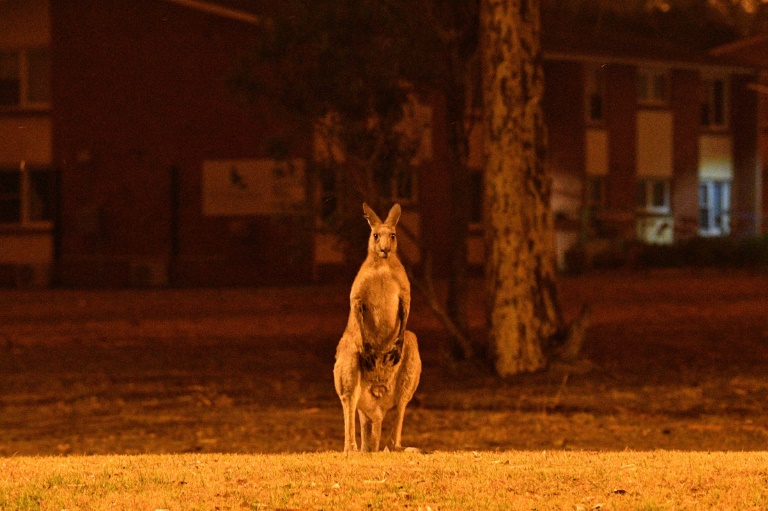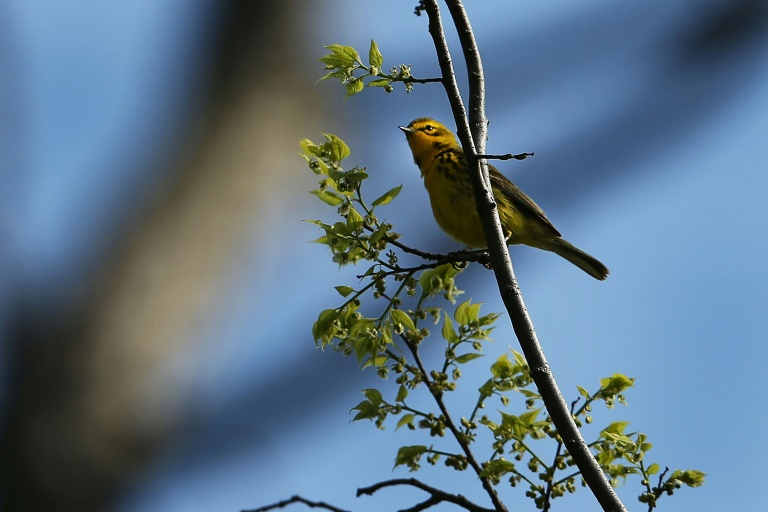BRUSSELS, May 3 (Reuters) – The European Union should halt the rapid extinction of plant and animal species by 2020 because it will cost less than trying to repair the damage once it is done, Europe's environment chief said on Tuesday.
Worldwide, species extinction rates are between 100 and 1,000 times the natural rate, the European Commission said in its latest biodiversity strategy.
It quoted research estimates that by 2050, $2-6 trillion in business opportunities could be realised should the private sector invest in preserving biodiversity.
The Commission set a target of halting biodiversity loss by 2020.
It also set a broader goal to restore biodiversity and ecosystem services provided by nature itself, such as air and water purification, by 2050.
"It is a much smarter economic investment to protect the diversity of life and healthy ecosystems … than face tragedy once diversity has been lost," EU Environment Commissioner Janez Potocnik told a news conference.
The Commission did not provide details on how it hoped to achieve this, but Potocnik hopes a forthcoming overhaul of EU agricultural and fisheries policies will contribute.
In the EU's 27 member countries, 25 percent of animal species are under threat of extinction and 88 percent of fish stocks are seriously threatened.
Without action from business, as well as proper public policies, species loss will inexorably march on, largely through climate change, invasive foreign species and land-use changes.
Though the concept is abstract, the economic costs of continued species loss are real, according to the Commission and environmental campaigning organisations.
Overfishing leads to an annual loss of $50 billion of income for the industry, according to research by The Economics of Ecosystems and Biodiversity (TEEB).
Biodiversity loss leading to a decline in insect pollination, which is essential in sustaining crops, would have serious consequences for farmers and agribusiness.
The EU executive says pollination has an economic value to the 27-state European Union of 15 billion euros ($22 billion) per year.
Globally the figure is about 153 billion euros, representing 9.5 percent of global agricultural output for human food, according to TEEB.
But environmental organisations criticised the new 2020 biodiversity plan, noting that it lacks measurable targets.
"The EU's new biodiversity strategy is an important signal of good intentions but it does not have the real power to stop biodiversity loss," said Alberto Arroyo, conservation policy coordinator at WWF.
In March last year, EU leaders recognised their previous 2010 biodiversity objectives would not be met, with species loss continuing unabated.




